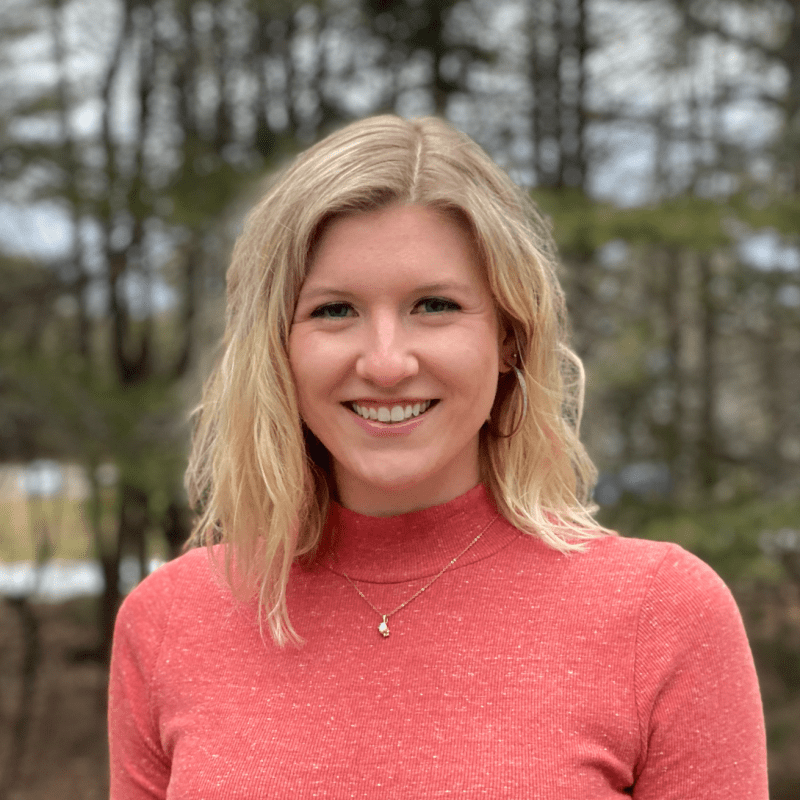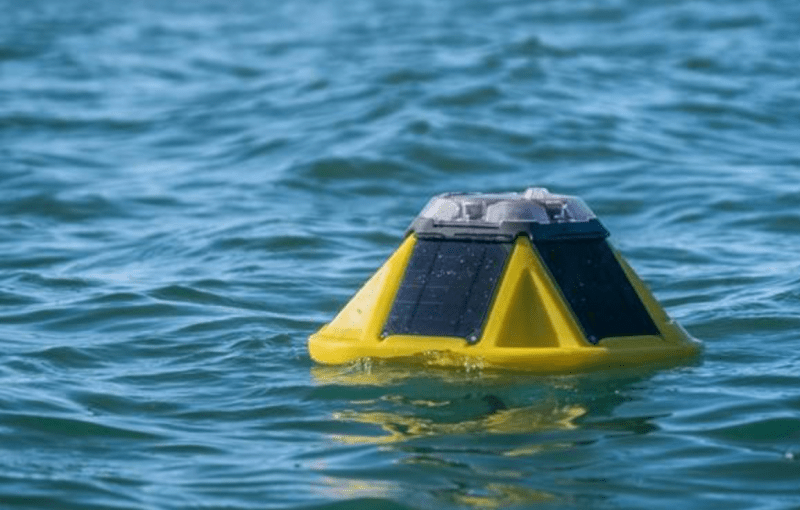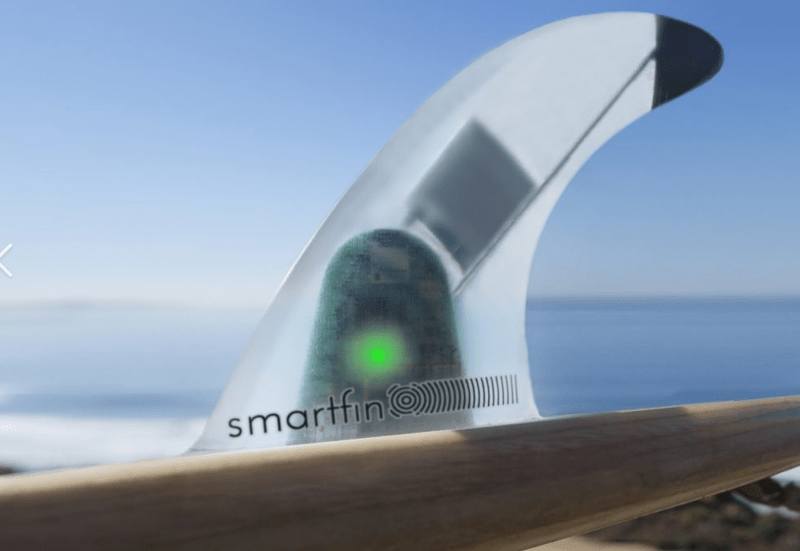Student Researcher – Gretchen Spencer (Halmos College of Arts & Sciences, M.S. Marine Science)


Gretchen Spencer is a 2nd year graduate student in Nova Southeastern University’s (NSU) marine science master’s program in the Halmos College of Arts & Sciences (HCAS). She works in Dr. Tyler Cyronak’s lab, which focuses on biogeochemical cycles in marine and coastal ecosystems–such as reefs, seagrass beds, and mangroves–and how these systems may be impacted by climate change. She discussed what brought her to NSU, the data she is collecting for her master’s thesis, and where she plans to go next.
Talk me through your journey to NSU, and how you became interested in marine science research.
I am from Maine where I completed my undergraduate majoring in marine science from the University of Maine. While there I worked for four years in a lab studying phytoplankton diversity in the Arctic Ocean. The highlight of my undergraduate experience was studying abroad, where I spent 6 months in Stirling, Scotland, and exploring Europe. At the end of my research experience, I realized my interests were not in phytoplankton, but I was not yet sure what area of marine science I wanted to explore next.
During this time, I worked in an elementary school and realized that I had interests beyond the lab, such as strengthening K-12 science education and making societal change happen through enacting policy. However, I realized first that I needed more scientific training before pursuing a career. I enjoy traveling and wanted a different environment from Maine, and I had heard great praise from Maine faculty and online research about NSU, which led me to join the marine science program here.
What kind of research are you working on?
I have been working with Dr. Cyronak since second semester of my first year in the master’s program. After taking a course with him in my first semester, we realized we had shared research interests. Dr. Cyronak studies what is going on in near shore environments; these are areas in the marine realm that are understudied. Additionally, these areas are being particularly impacted by climate change, temperature rise, sea level rise, ocean acidification, and other environmental changes.
For my thesis project I am investigating how variability in environmental factors (e.g., temperature, pH, salinity, oxygen level) impact near-shore ecosystems, particularly mangroves. These factors vary seasonally, across Florida’s wet and dry months due to precipitation and other changes. The same factors are also predicted to change in the coming years and decades as a result of climate change. Additionally, changes are likely to be faster near the shore than out in deeper ocean, so it is important to establish baseline readings now.
I am collecting data from the mangrove systems in the West Lake in Hollywood, FL. Mangroves are highly important ecosystems not only for the animals who live there, where they serve as nursery and breeding habitats, but also for humans who need them to serve as barrier protection against hurricanes, waves, and coastal erosion. Mangroves are also “blue carbon” ecosystems, as they can store carbon in their sediments for thousands of years.
However, mangroves are being hurt by urbanization, where they are cleared out to build homes, use their wood for the timber industry, and some places use them as aquaculture beds. Our scientific work will help to track biogeochemical changes to this ecosystem and will give a baseline for what environmental variability is occurring in the system over time.
Tell me about data collection for your master’s thesis.
I have been collecting data by leveraging two citizen science projects as well as traditional survey methods to answer the major research question: What is the seasonal variability of environmental factors that impact the West Lake mangroves?
 My first data collection tool is an “Aqualink,” which is a buoy with sensors to record the temperature of water at the surface and near the bottom. The buoy has solar panels that satellites capture data from; data is then uploaded to a website that houses this crowdsourced data making global water temperature data publicly available. I currently have almost a year’s worth of data that I will be analyzing from the buoy Dr. Cyronak placed in West Lake.
My first data collection tool is an “Aqualink,” which is a buoy with sensors to record the temperature of water at the surface and near the bottom. The buoy has solar panels that satellites capture data from; data is then uploaded to a website that houses this crowdsourced data making global water temperature data publicly available. I currently have almost a year’s worth of data that I will be analyzing from the buoy Dr. Cyronak placed in West Lake.

The second source of data comes from a “Smartfin,” which is designed to attach to a surfboard or paddleboard. It has sensors inside to collect information on in-situ temperature, GPS, and wave motion while in the water. I have a Smartfin attached to a paddleboard that I ride around the mangroves to collect data when I do my surveys. This project with give both temporal and spatial data of the West Lake mangroves.
I am interested in learning if there are differences in environmental factors like temperature, pH, salinity, and oxygen level during each season in Florida when there is more/less precipitation. I also want to examine if there are any relationships between these factors, where varying one impacts the others. Finally, this project will serve as a baseline for environmental measurements that can be used to track changes that happen in the coming years as our climate warms and coasts change.
How does this work relate to your future career goals?
My long-term career goal is to work in the policy sector to address major societal issues related to the environment. As a step toward this goal, after defending my thesis next year, I plan to apply for the Sea Grant Knauss Fellowship in Washington, D.C. Each year this program supports about 70 students from across the US to travel to D.C. and work in some policy context, such as in the legislative or executive branch, or at a federal agency.
I hope to use this fellowship experience, or another similar one, to get some experience in the policy world. I am passionate about both education and global initiatives that involve working stateside or with policy advocates from other countries to improve care of the environment and conservation of our oceans.
What advice do you have for other students interested in getting involved in research?
My best advice for students interested in science and research is to reach out to their advisor, faculty members, or others and tell them that you are interested in working in a lab. Your academic and career path can change along the way as you take classes and get more experience in research, but you need to engage in these opportunities first to learn what you like.
During these experiences, ask a lot of questions to learn more about the science and possible careers, and ask your advisor and faculty mentors to connect you with others who can help you to learn more. These mentors can be great professional networkers when you are first starting out.
What have been some of your favorite parts of being a graduate student at NSU?
Due to the pandemic, I completed my first year in the master’s program remotely from Maine. When I was finally able to move to Florida in June of this year, I launched into project planning and data collection. I also got to meet my peers and faculty mentors in person.
Another activity I am involved in at NSU is the Student Government Association (SGA). I was nominated to serve on the HCAS SGA as the Vice President, and it has been eye opening to participate at this higher administrative level. I get to hear about the diverse research and education happening across the university, and it made me realize that there is a lot going on at NSU across all fields of study!
I also work at the Marine Environmental Education Center (MEEC; follow @SeekTheMEEC on Facebook and Instagram), a non-profit formed through a partnership between NSU and Broward County. We work to educate the public in different areas of marine science, especially conservation, management, and the biology of species with a big focus on green sea turtles and how the environment affects them. My education program specialist position has helped me increase my knowledge on educating the public and K-12 students on marine-related topics. I encourage everyone to come learn more about our South Florida coastal environment and visit with our resident sea turtle, Captain!